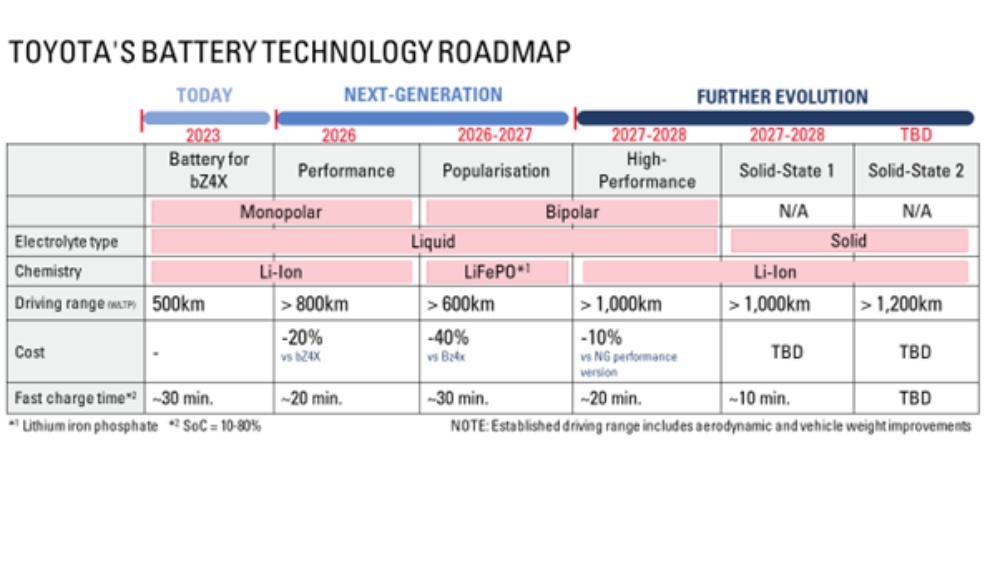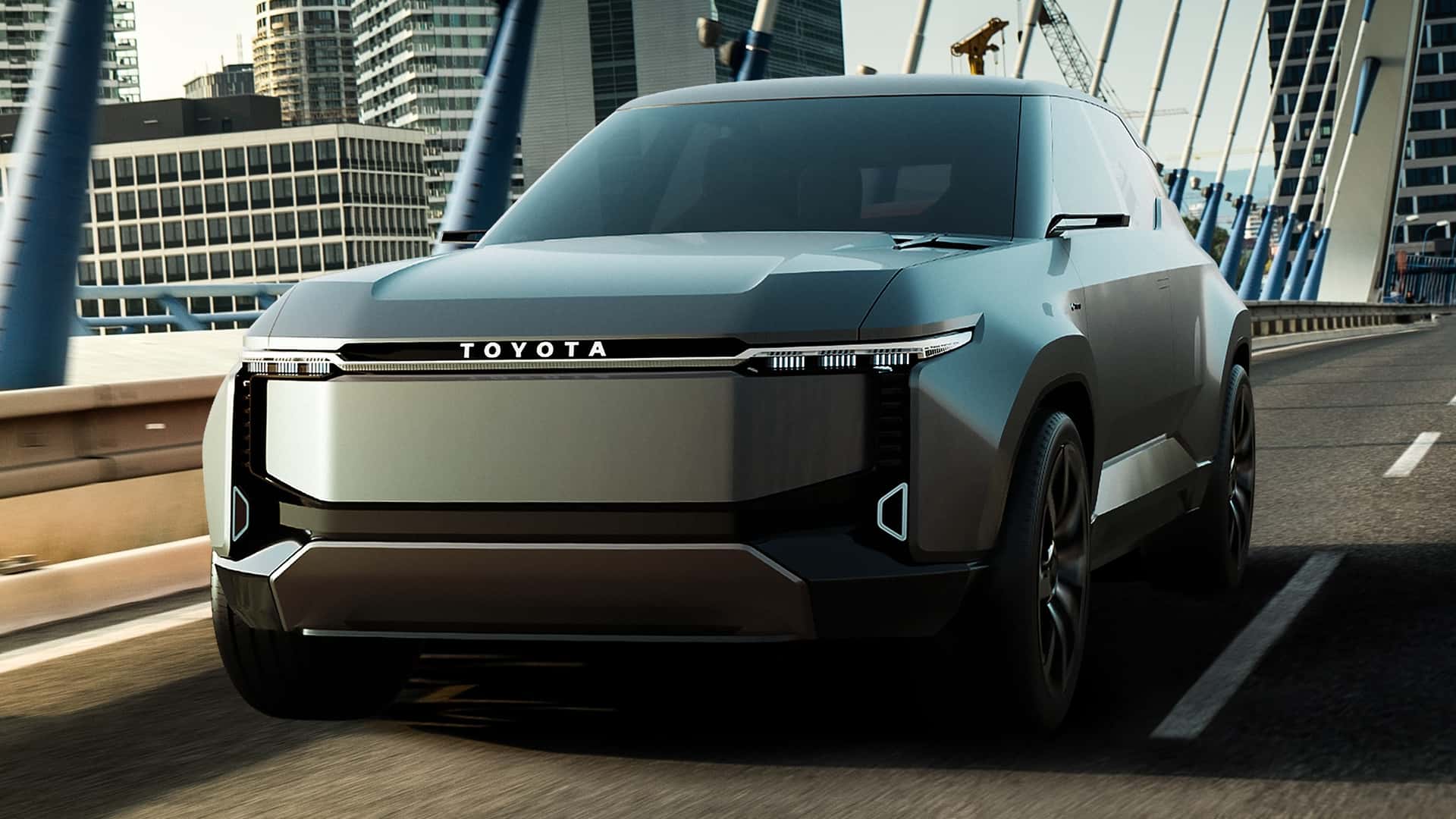Japanese automaker Toyota has been making headlines with its self-proclaimed electric revolution, aiming to launch a new generation of battery-powered cars by 2026. The company has garnered attention, especially with its bold claim of introducing solid-state batteries capable of providing over 621 miles of driving range by 2027, challenging critics who have accused the company of lagging in electrification.
However, recent developments suggest that the promise of hassle-free electric driving for extended distances might be a reality for only a select few. Toyota has revealed that its partnership with petrochemical company Idemitsu is expected to produce solid-state batteries for just a couple of thousand vehicles in the 2027-2028 timeframe. This revelation has prompted a reassessment of the anticipated widespread impact of Toyota’s solid-state battery technology.
See also: Toyota lead in solid-state battery patents, study says
The partnership, announced last month, initially aimed to set the stage for “full-scale” mass production in 2030. However, Toyota now indicates that the output from Idemitsu will only be sufficient for a few thousand vehicles, with the petrochemical company producing several thousand tons of its sulfide solid electrolyte at the beginning of the next decade. This quantity will translate to just over 10,000 vehicles, falling significantly short of the global scale ambitions outlined by Toyota, which aims to sell 3.5 million battery electric vehicles, including Lexus models, by 2030.
Considering Toyota’s ambitious targets, the revelation raises questions about the company’s ability to deliver on its promise of widespread adoption of solid-state battery technology. The majority of Toyota’s electric vehicles (EVs), according to its roadmap, are set to be powered by conventional, liquid-based lithium-ion batteries. These batteries are projected to offer over 497 miles of range from 2026, with a high-performance variant expected to surpass 621 miles in 2027-2028. Additionally, a more affordable lithium iron phosphate (LFP) version is set to enter the market around 2026-2027, providing a driving range of over 372 miles on a full charge.

See also: Toyota Invests $8 Billion in North Carolina EV Battery Plant to Accelerate Electrification
While Toyota remains committed to advancing solid-state battery technology, the limited initial production numbers suggest that the widespread integration of this technology may take longer than initially anticipated. The exact timeframe for the introduction of the promised over-745-mile solid-state battery remains uncertain, leaving observers to question the feasibility of Toyota’s ambitious electrification goals.

